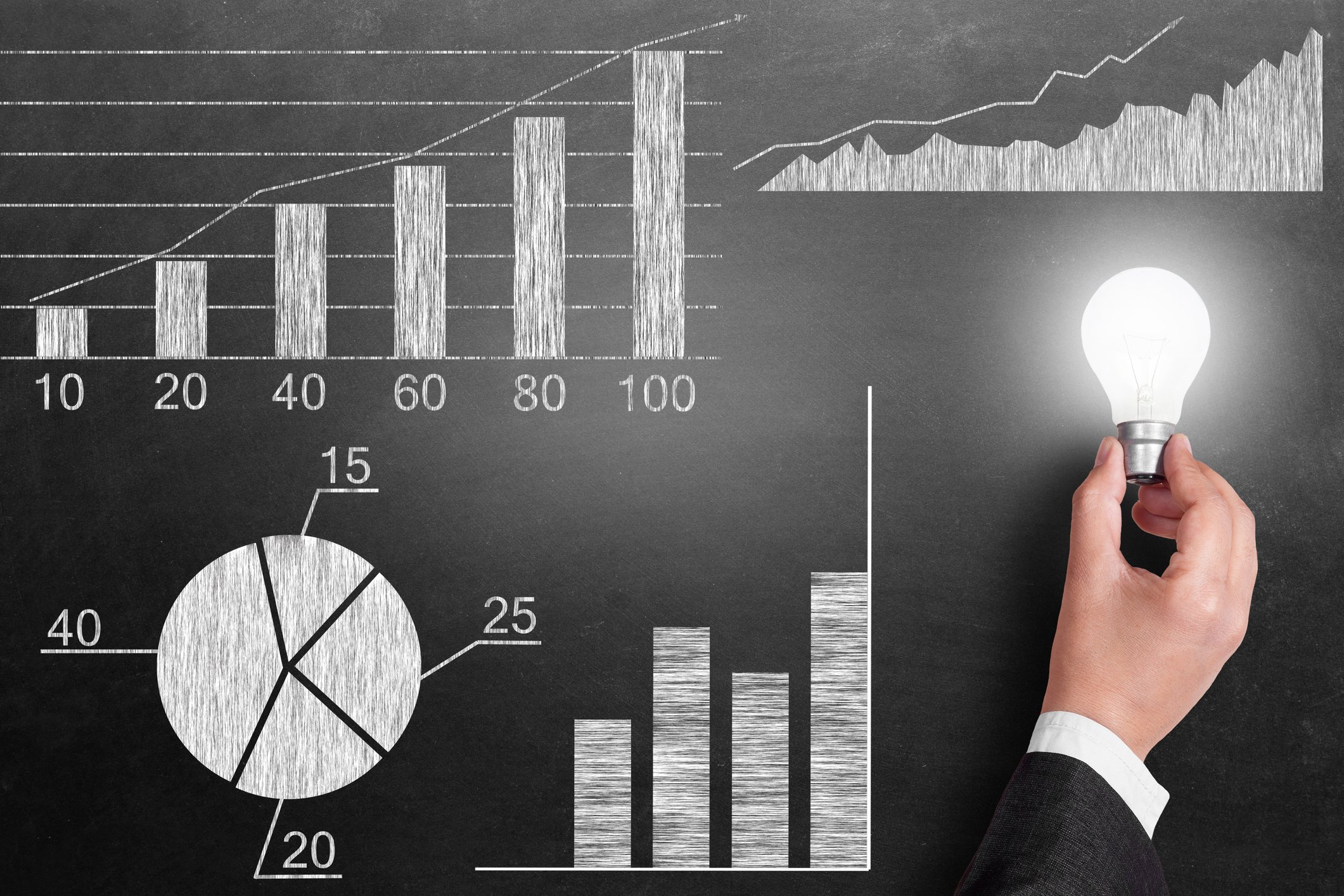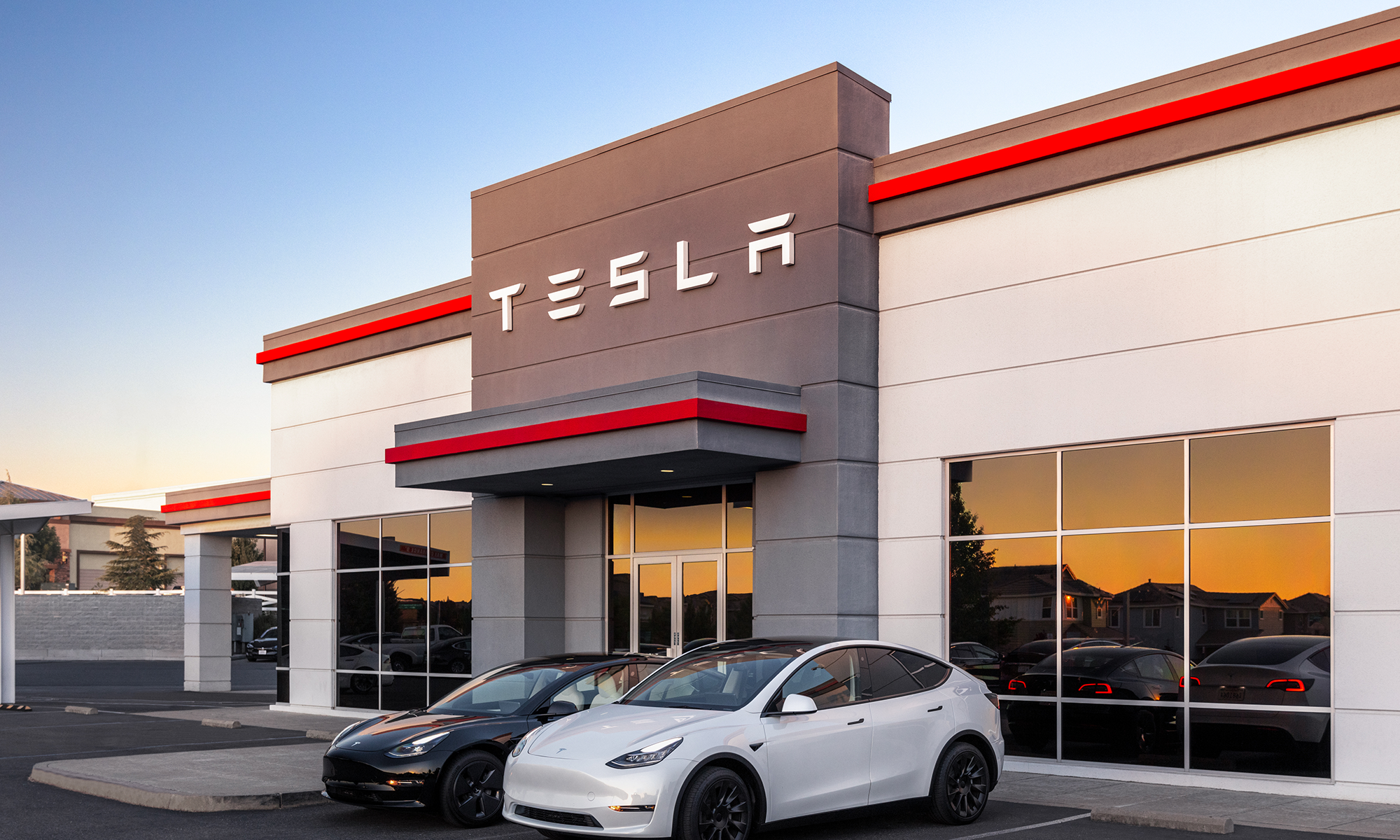Tesla (TSLA 0.04%) stock has tumbled 22% year to date amid a myriad of business and political headwinds, and Wall Street anticipates further declines. The average target price among 55 analysts is $289 per share, which implies 8% downside from the current share price of $316.
One reason for the pessimism is the recent falling out between CEO Elon Musk and President Trump. Their relationship unraveled in a heated exchange of threats and insults earlier this month after Musk criticized the tax and spending bill currently in the Senate. But Tesla shareholders recently got some more bad news.

Image source: Getty Images.
Tesla continued to lose market share in April
Tesla has struggled with weak demand for several quarters. The company last year reported its first decline in annual vehicle deliveries in over a decade despite 13% sales growth in the global battery electric vehicle (BEV) market. Tesla deliveries dropped even more sharply in the first quarter despite 38% sales growth in the broader BEV market.
To elaborate, Tesla lost about 10 percentage points of market share in the U.S. and Europe, and 3 points of market share in China in Q1. Management blamed the factory updates that limited Model Y production and backlash against the brand as consumers reacted to CEO Elon Musk involving himself in the Trump administration.
However, Tesla finished updating its factory production lines in Q1, and Musk has stepped back from his responsibilities with the Department of Government Efficiency (DOGE). So, with those problems resolved, several analysts expected demand to rebound in Q2, but a resurgence in buying activity has so far failed to materialize.
Instead, Tesla continued to struggle in April. It lost 6 percentage points of market share in the U.S., 5 points of market share in Europe, and 3 points of market share in China. That is bad news for shareholders because it suggests brand damage caused by Musk's polarizing foray into politics may be more persistent than expected.

NASDAQ: TSLA
Key Data Points
Tesla stock gets a double downgrade after the Trump-Musk feud
Elon Musk was the largest donor in the November election. He spent nearly $300 million to support various Republican candidates, and most of those contributions went to President Trump. In the aftermath, Tesla stock soared as investors assumed their relationship would benefit the company. Dan Ives at Wedbush even called Musk backing Trump a "bet for the ages."
Unfortunately, that bet has backfired spectacularly. Musk not only hurt the Tesla brand and pushed away potential buyers by supporting the Trump administration but also managed to upset the president (who has threatened "serious consequences" if Musk throws support behind Democratic candidates in the 2026 midterms) by publicly criticizing his fiscal and trade policies. So, the idea that Tesla could benefit from their relationship has gone up in smoke.
Consequently, analysts at Baird and Argus Research earlier this week downgraded shares to hold. "We are concerned that the war of words between President Trump and Elon Musk, along with the expiration of EV credits, could further weaken demand for new Teslas," wrote Bill Selesky at Argus. He also called Musk a "lightning rod for criticism."
Additionally, several analysts have revised their earnings forecasts lower to account for market-share losses and the probable impact of tariffs. The consensus estimate for 2025 has been cut 29% such that earnings are now expected to decline 20% this year.
Here is the bottom line: Tesla's electric vehicle (EV) business is struggling, and the company is likely to report poor financial results in the coming quarters. However, Musk still thinks Tesla could be the most valuable company in the world as it leans into autonomous driving and humanoid robots. For investors who believe in his vision, the investment thesis has not changed.





